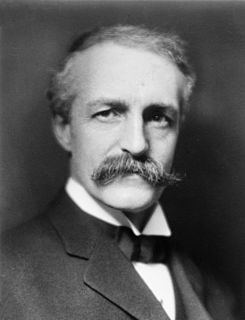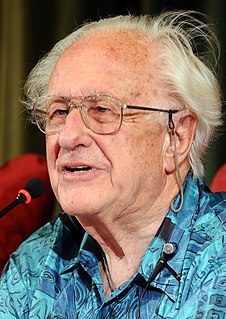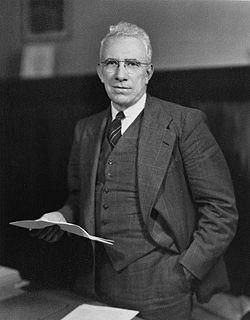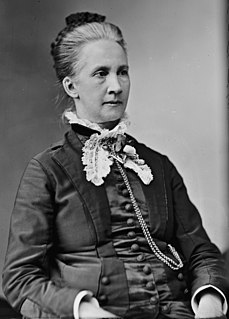A Quote by Gifford Pinchot
World-wide practice of Conservation and the fair and continued access by all nations to the resources they need are the two indispensable foundations of continuous plenty and of permanent peace
Related Quotes
We need scientists to design new fuels. We need farmers to help grow them. We need engineers to invent new technologies. We need entrepreneurs to sell those technologies. We need workers to operate assembly lines that hum with high-tech, zero-carbon components. We need builders to hammer into place the foundations for a clean energy age. We need diplomats and businessmen and women, and Peace Corps volunteers to help developing nations skip past the dirty phase of development and transition to sustainable sources of energy. In other words, we need you.
We do not seek an agreement with the [Palestinian] Arabs in order to secure the peace. Of course we regard peace as an essential thing. It is impossible to build up the country in a state of permanent warfare. But peace for us is a mean, and not an end. The end is the fulfillment of Zionism in its maximum scope. Only for this reason do we need peace, and do we need an agreement.
I can at once refute the statement that the people of the West object to conservation of oil resources. They know that there is a limit to oil supplies and that the time will come when they and the Nation will need this oil much more than it is needed now. There are no half measures in conservation of oil.
































